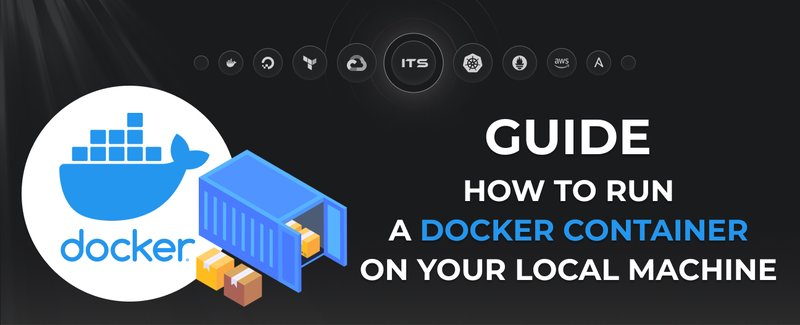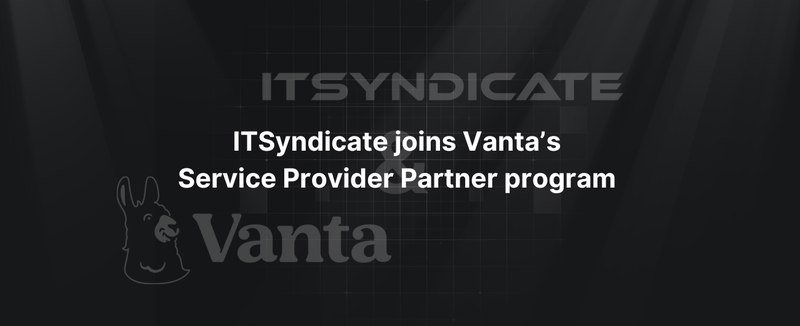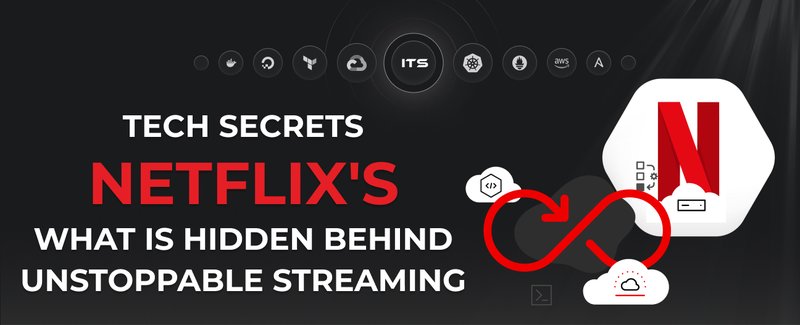Hey there, tech enthusiasts! Are you swimming in the sea of buzzwords and wondering what "cloud infrastructure" really means? Well, let's unpack it today.
Spoiler alert: understand that could be a game-changer for your IT ops!
What types of infrastructure are there?
In the IT world, infrastructure generally falls into the following categories:
- On-premises infrastructure: this is when servers and networking hardware are hosted within your own facilities, offering total control but requiring extensive resources for management and upkeep.
- Dedicated servers: here, you rent servers that are exclusively yours but located in a third-party data center. You get more control than in a shared server environment but less responsibility for infrastructure than with an on-premises setup.
- Cloud infrastructure: this is a multi-tenant environment where services are provided over the Internet. Examples include AWS, Google Cloud, and Azure. Public clouds are easy to set up and highly scalable.
- Hybrid cloud: this combines on-premises, dedicated servers, and cloud solutions. It allows data and applications to be shared between them, offering greater flexibility and optimization of existing infrastructure and security.
What is cloud infrastructure?
Imagine all your IT resources without the headache of managing them yourself - that's what we call a cloud infrastructure. It includes servers, storage, and networking, and all those complex components are handled over the Internet. It's like having a race car with a pro team to tune it up for you.
You only need to worry about choosing the right services for your project. Nowadays, service providers can offer more than hundreds of different services that will make your life easier. Ask your solution architect or cloud engineers if you need help determining which services you need and how to connect them with your project. They will definitely know. Or drop us a line. We'll nail it for you!

Why make the jump to the cloud?
Alright, you've been hearing all the chatter about the Cloud, but why should you make the leap?
Advantages:
- Scalability: flexibility is king here. Your needs change, and your infrastructure can change, too. Say your online store gets hit by Black Friday traffic; scaling up is just a click away, or you can automatize this process.
- Reduced overheads: ditching physical servers means no more money burned on cooling systems, electricity, or on-site engineers. This means more budget for those golf weekends, am I right?
- Uptime: how much does an hour of downtime cost you? Probably a lot. Cloud providers like AWS aim for 99.99% uptime. That's a solid performance, my friends.
- Pay as you go - pay only for the time your system works. Let's imagine that you need a service or a server only to perform a specific task, and this task must be performed once a day for 1 hour. You no longer need to keep a server or service for the whole month. You will be able to complete your task and pay only for an hour of work.
Drawbacks:
Cost: moving to the Cloud isn't free. There's an initial investment but think of it as buying a membership at a prestigious golf club. It's worth it for the connections and the long-term benefits.
Security concerns: I get it; the Cloud isn't your backyard shed with a padlock. However, leading cloud providers invest heavily in encryption and other security protocols. It's not Fort Knox, but it's darn close.

Who should consider cloud infrastructure?
If you're a mid-size IT company leader aiming to streamline operations and manage risks, you're a prime candidate, particularly if you've got an eye on DevOps for more efficient processes.
The price tag
It's not one-size-fits-all. Prices vary based on what you need. However, it usually pays off long-term by reducing the costs tied to maintaining physical servers and dealing with downtime.
So, consider this: If you're running an application that needs to be up and running 24/7, your on-prem setup will require redundant power, networking, cooling, and so forth. In a cloud setup? That's someone else's headache. So, you can focus on leading the market rather than stressing over hardware issues.
Conclusion and how ITSyndicate can help
To wrap things up, cloud infrastructure is the secret sauce for tech-savvy CEOs and CTOs looking to scale and optimize. For those of you thinking about the big move, we at ITSyndicate offer tailored solutions from cloud architecture design to 24/7 monitoring. As an official partner of AWS, we have you covered, ensuring your move to the Cloud is smooth and secure.
Docker commands and Dockerfile usage for running containers on a local machine
Docker commands and Dockerfile usage for running containers on a local machine
Netflix tech stack for powering streaming backend and cloud solutions





